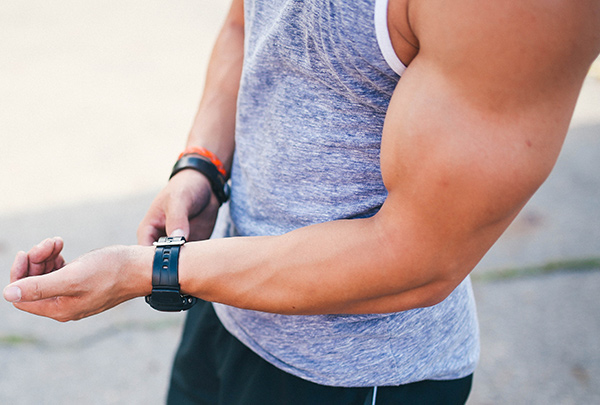
What’s the BEST Weight-loss Diet?
Keto, Intermittent Fasting, Paleo, Vegan, Atkins, Whole 30, Jenny Craig, Weight-Watchers,…the list of weight loss diets goes on and on, each proclaiming itself to have a distinct fat burning advantage. Some people say they get great results with one diet, but not the others. Some people even say none of the diets they tried have worked! So, which diet is the best?
The answer is simple: Calories being equal, the best diet is the one you enjoy, because it’s the one you can stick to more easily. Furthermore, it doesn’t even have to have a label or name for it! In my decade of coaching and helping thousands of individuals achieve the body of their dreams, I have observed that people have a much easier time sticking to a long-term weight loss diet when the foods and meal timings are similar to what they’re already doing. And, because they are able to stick to the diet longer and more consistently, they get far better results.
The key to fat loss is long term diet adherence. Losing weight in a healthy and sustainable manner (~0.5-1% bodyweight per week) is, in most cases, at least a 3-month journey. In the short term, it’s relatively easy to try a new diet and follow its rules and restrictions. It’s fun, it’s new and exciting, and you feel great doing something good for your body. But, how long can you keep it up? A diet will have moments of hunger and cravings that will test your mental fortitude–especially when you’re giving up things that you enjoy or are part of your life.
People, for the most part, don’t do well with restriction over a long period of time. We like to have the freedom of choice. We like having options. Take that “havingness” away, and all those diet restrictions will backfire on you, creating a phenomenon of “must have”. Cravings can turn on harder, and it’s psychologically more stressful over the long term–especially if it’s an aggressive diet. While this doesn’t happen to everyone, it does happen to most people who are making consistent and meaningful fat loss progress week over week.
For the reasons above, when I make customized meal plans for clients, I deep-dive into their dietary and eating preferences so it’s a smooth transition going into their fat-loss diet and they are able to keep it up for weeks and months on end. When you’re dieting, pick a diet that most closely resembles what you’re already more or less doing, or simply but just eat less.
And that brings us to the one big caveat to all this that no one likes talking about because it’s not sexy or marketable. No diet will ever be successful in helping you lose weight if it does not follow the most basic, fundamental principle of weight loss: Energy Balance–how many calories you eat versus how many you burn.
If you’re eating too many calories, you’ll never lose fat no matter what diet you’re on. It’s just basic physics and the law of conservation of energy. Energy (the calories you eat in food), cannot be created or destroyed; rather it can only be transformed from one form to another. In plain English, it means:
- If you eat too much food (calories, energy) it has to go somewhere, and that somewhere is fat in your butt and waistline.
- Eat just what your body needs, and your weight stays the same.
- Eat less than what your body needs, and the body eats its own energy stores (fat, glycogen, muscle) to make up the difference.
(Insert infogfx to illustrate these points.)
If you’re eating too many calories, you’ll never lose fat no matter what diet you’re on.
And there you have it, folks. There is no magic fat loss diet that’s better than the rest. To lose weight, simply eat fewer calories than you burn and pick a diet that you know you can follow and enjoy. The diet you choose doesn’t even have to have a label for it, and you even can eat how you’re already eating, but just eat less!
Body 2
Body 3



HEADER
Body 4


